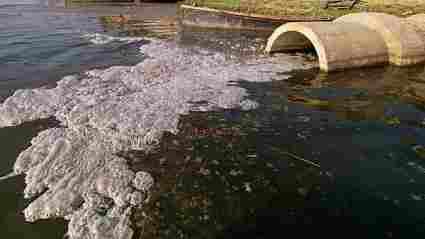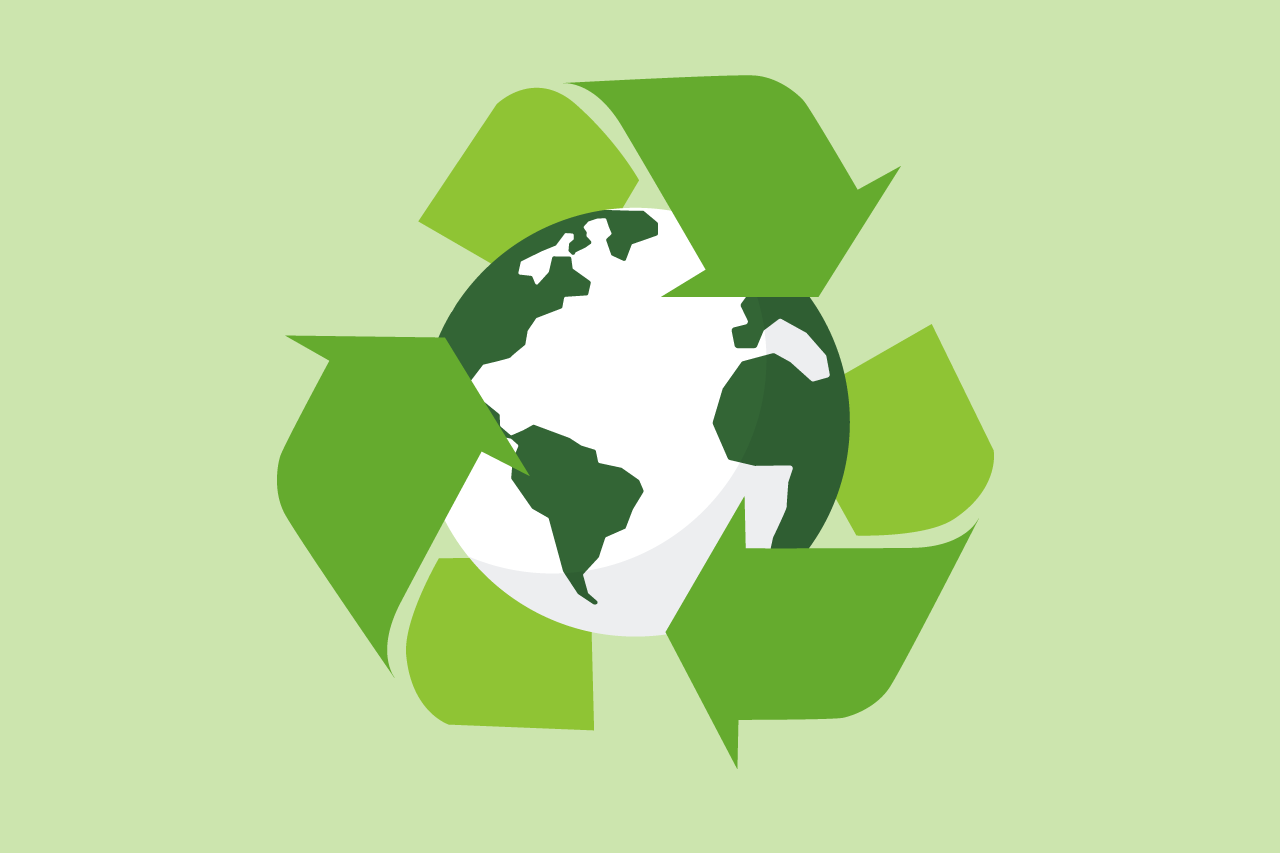A global coalition of scientists is advising against relying on mechanical cleanup devices to address the plastic pollution crisis. Comprising leading experts in plastic pollution, the researchers acknowledge the urgent need to address the accumulated waste in oceans and waterways.
However, they caution that existing plastic removal technologies exhibit varying efficiency and some remain untested. Moreover, certain methods have been found to harm marine organisms more than the plastic they capture, potentially worsening the overall impact on the ocean.
Published in the journal One Earth, the scientists argue that, given the projected tripling of plastic production by 2060, the most effective strategy is to reduce plastic production and consumption.
They emphasize the importance of designing safe, sustainable plastic products with easily accessible and effective disposal methods.
The researchers advocate for a comprehensive evaluation of the environmental costs of leaving plastic in the ocean versus the complete environmental and economic costs of plastic removal technologies. They call for clear criteria for such evaluations to be incorporated into the United Nations Treaty on Plastic Pollution.
The scientists’ commentary coincides with upcoming discussions on the Treaty at the third meeting of the Intergovernmental Negotiating Committee on Plastic Pollution. Lead author Dr. Melanie Bergmann, a marine ecologist at the Alfred Wegener Institute in Germany, stresses the need for evidence-based scrutiny of plastic removal technologies to prevent unintended consequences, particularly concerning bycatch mortality.
The research underscores the development of various cleanup devices in recent years, such as sieving vehicles on tourist beaches, plastic trapping technologies in harbors, and innovations for open oceans and seabeds employing towed nets, autonomous vessels, and artificial intelligence.
Despite these advancements, the scientists argue that even effective technologies would only address a fraction of the global plastic problem. They caution against overemphasis on cleanup approaches, warning that a focus on such methods may introduce environmental risks and divert attention from the primary goal of Plastic Treaty negotiations: preventing plastic pollution.
- EUREKALERT







